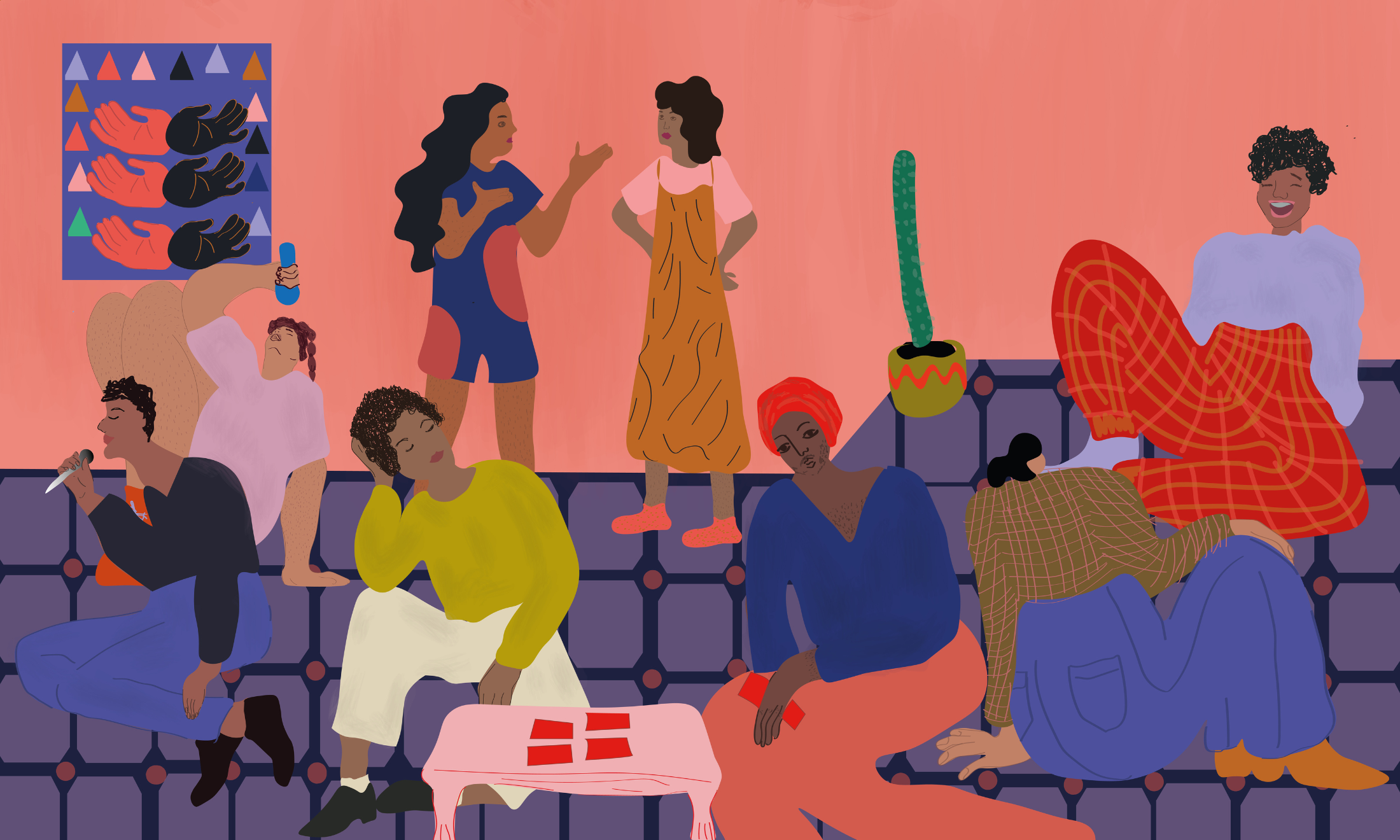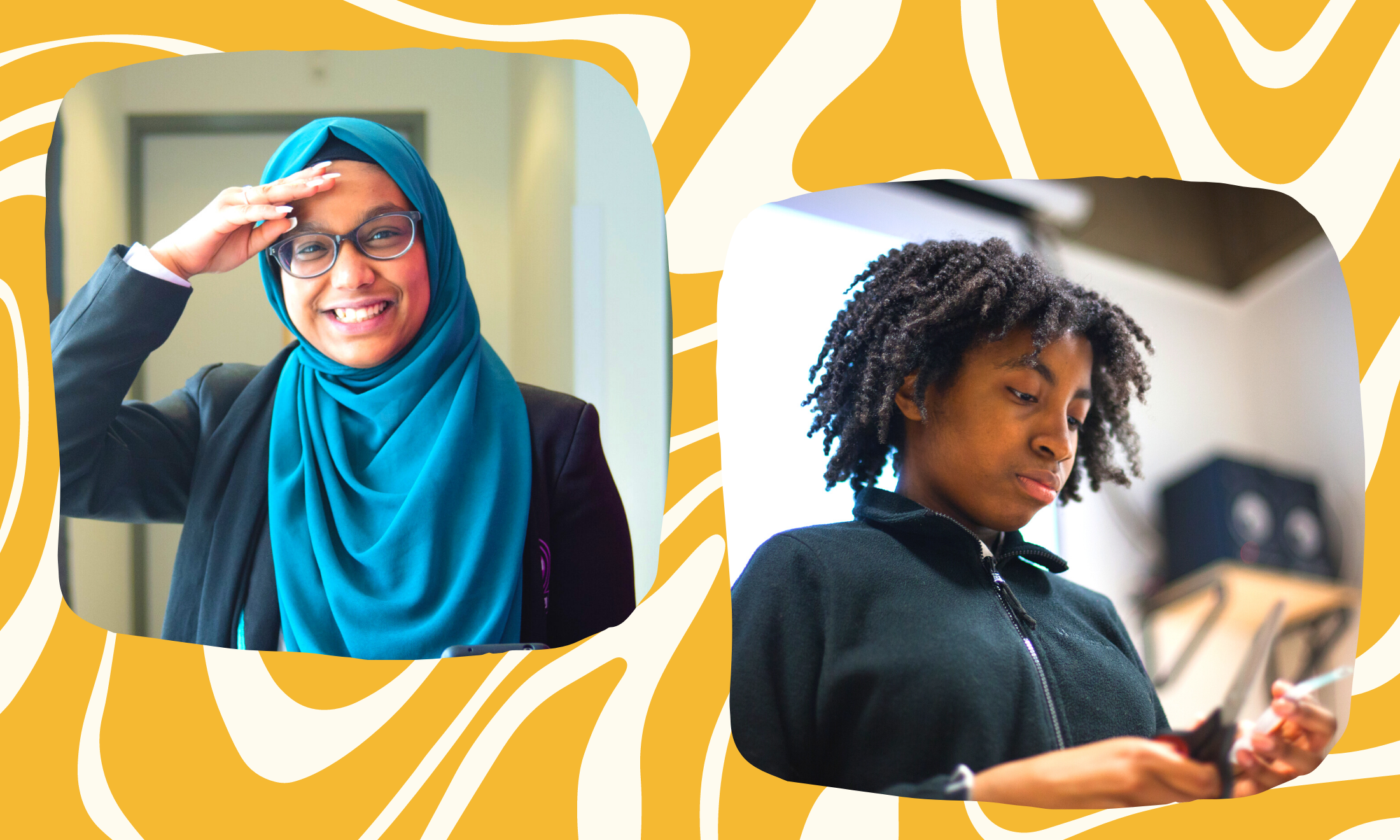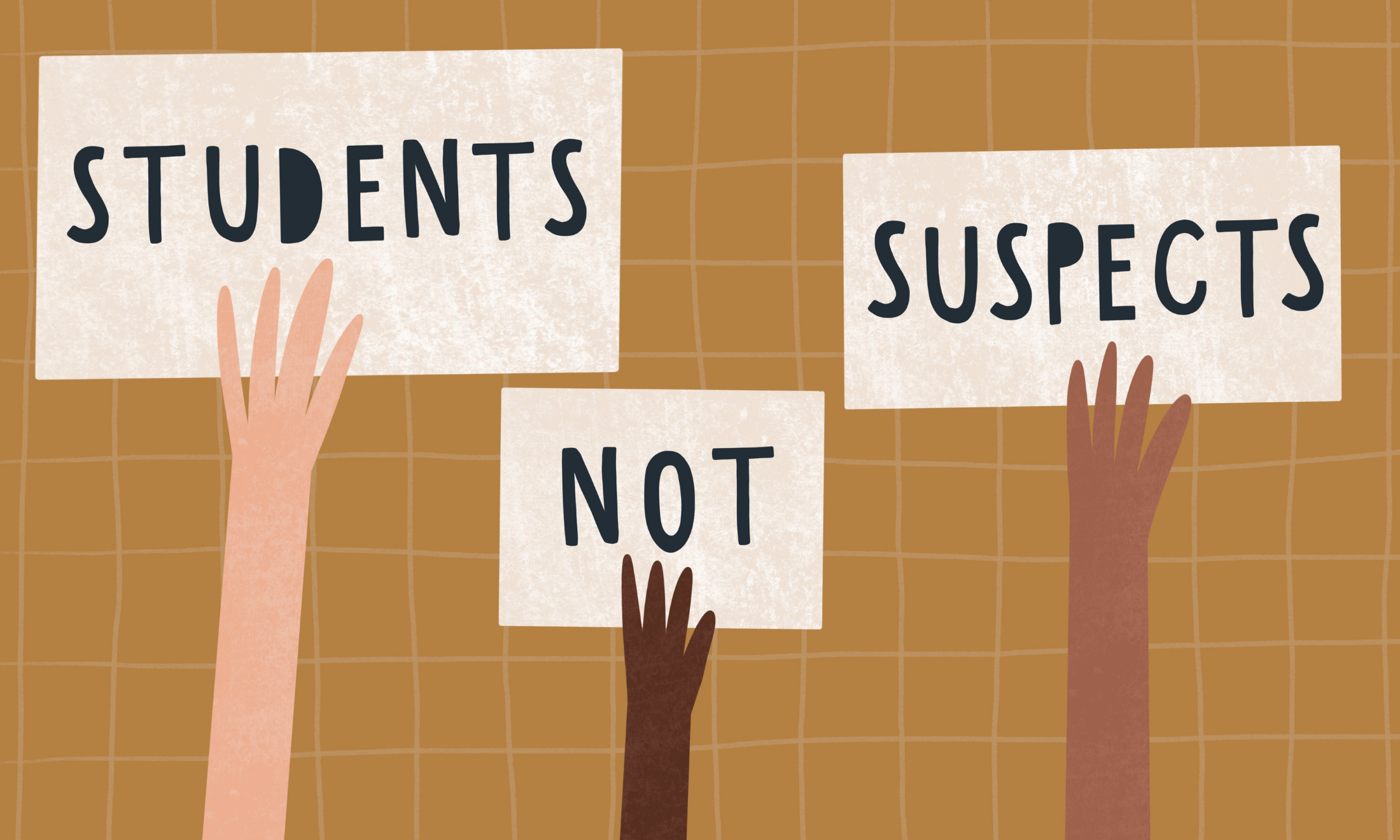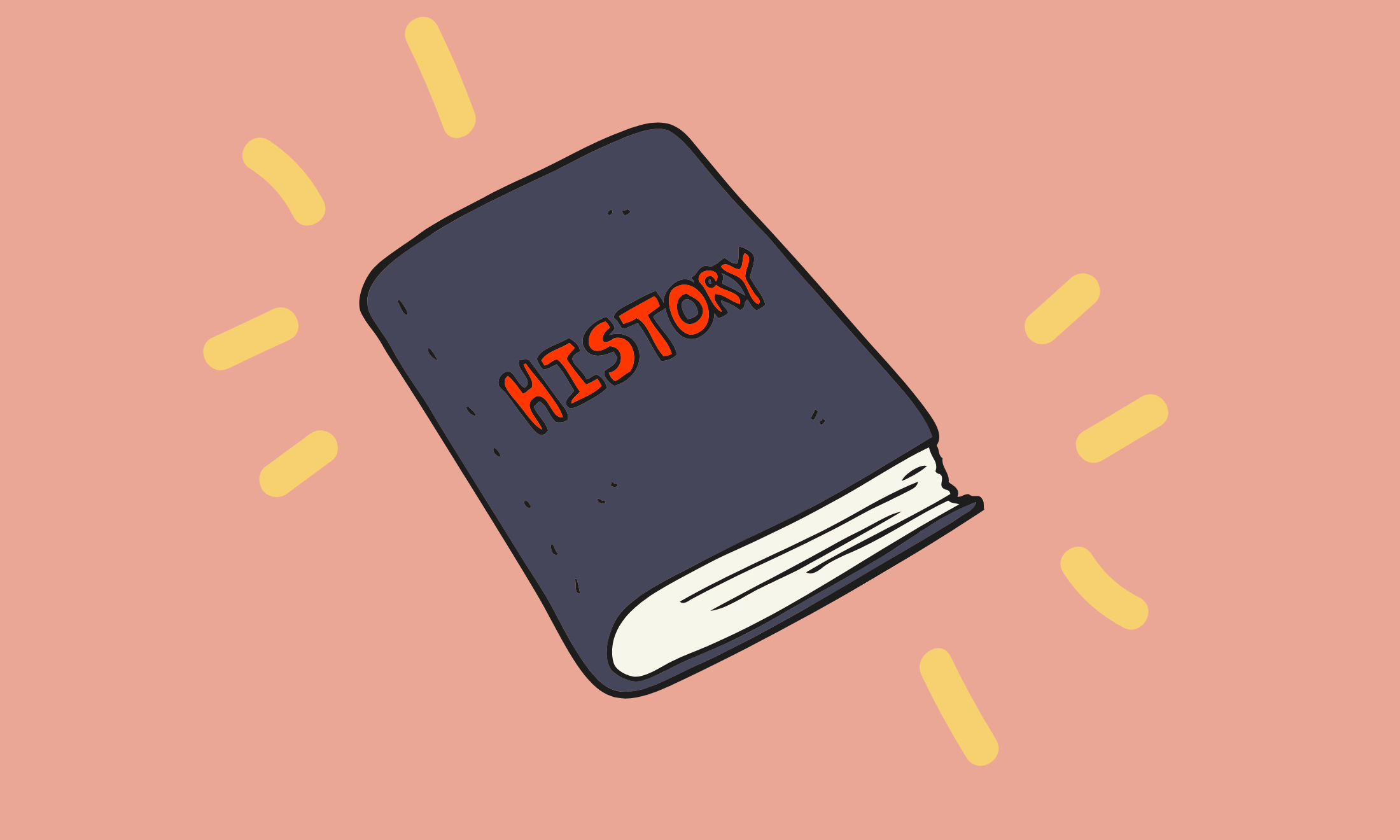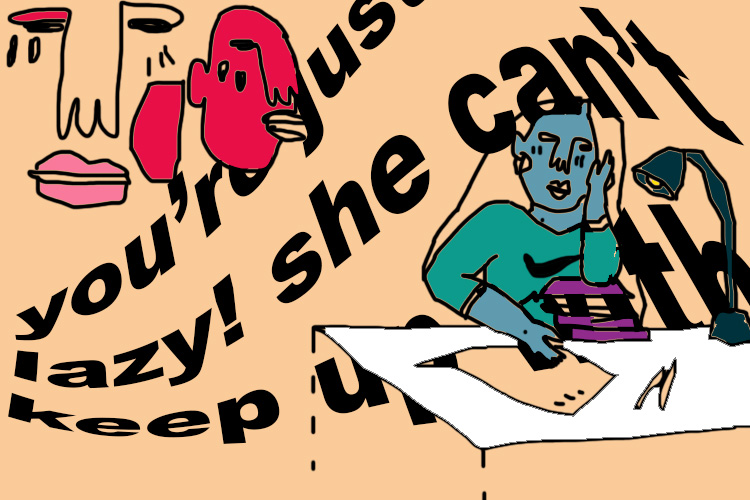
Dyslexia: a general term for disorders that involve difficulty in learning to read or interpret words, letters, and other symbols, but that do not affect general intelligence.
While I was growing up I struggled to read and write. I struggled to tie my shoelaces til I was 11. I struggle to tell the time properly to this day. My parents responded with “You’re just being lazy!” I believed them. I tried harder.
I remember being nine years old and getting the orange spotted book from the shelf at school, which was known for being a 10 on the difficulty scale. The disappointment in my parents faces when I struggled to read out loud broke me. I cried as I stumbled over the word “development” and my dad left the room. I took it as a challenge and said to myself I wouldn’t be lazy. I read every day. I wrote every day. By 13 I could read a Harry Potter book in three days.
I hadn’t yet been tested for dyslexia.
I developed methods to study, to understand, to learn. When it came to GCSEs the teachers would tell me I wasn’t revising the “right” way. I had to read through my work and make notes. “Stick post it notes around the house, that helps. Ask someone to test you”. Nothing stuck. None of the teachers picked up on how much I struggled at school. To them I just wasn’t putting in the effort required. I talked too much in lessons and I fidgeted a lot. “She doesn’t keep up with the work!” It bored me. It frustrated me. There were a lot of kids in my school with ADHD and various other behavioural problems, but I went under the radar. Maybe because of the stereotype that Asian kids are smart. They assumed I’d do fine.
“I looked down at my results. I tried as much as the other kids, I honestly did. I probably revised even more considering my strict parents limited my computer and TV usage. My Bs and Cs looked like fails.”
I remember getting my GCSE results. My mum looked at me and shook her head. She said “Your father will be very disappointed.” I looked down at my results. I tried as much as the other kids, I honestly did. I probably revised even more considering my strict parents limited my computer and TV usage. My Bs and Cs looked like fails. I got one A in religious education. What could I do with that though? I wouldn’t get a solid job. However I had won an award for being an articulate speaker. I was also in the school council for five years. Surely that shows dedication?
By this point I still hadn’t been tested for dyslexia.
I struggled through sixth form. I picked Art, Drama, Biology and Psychology for A level. We were required to pick four subjects and I picked the hardest and most time consuming ones; realistically I should have only picked three. I royally messed up – cue me resitting the whole year again. Every parent’s’ meeting teachers would say the same, “She knows what she’s talking about, she’s engaged in lessons… but her exam results just don’t match.” Immediately, they thought I wasn’t revising at home. I came out with average AS levels and they said that I’d have to buck up or live with the prospect of not getting into university. That thought scared me, university is the only way you get good jobs right? I wanted to do a science degree and I couldn’t do that if I was lazy!
I still hadn’t been tested for dyslexia.
I managed to get into university. I just about made it. I knew I had to get my head down or I was wasting my time. I made it through first year. My assignments were fine – I would check them, get my friends to check them and then check them again myself – but my exams were where I fell down. When I got to second year and handed in my final assignment I got called in for a meeting. My personal tutor sat there with my work laid out in front of her. “I’ve looked at your work and I’ve noticed something. You write well, but you’ve repeated mistakes from first year. These mistakes are repeated again over and over, even in exams… I feel like we may need to get you tested for dyslexia.”
“I’ve not got dyslexia,” I told her, “I’m doing alright. Average results, but it’s only second year. I’ll sort myself out in third year. If I had dyslexia, they would have noticed at school, right? Someone would have noticed?”
I agreed to go to a screening anyway.
“We’d been stereotyped. The Asian nerds and the disruptive Jamaican girl. Due to this, we had all suffered. We were not identified as individuals with clear learning difficulties, but as people who were nothing more than their race.”
I had to do this test in a room full of people. I did what I could. The tutors collected our sheets and said they would return in 20 minutes to give everyone their results. After awkwardly sitting there aimlessly scrolling through Facebook, they returned. My sheet now had a group number at the top: group two. “Group one, collect your sheets and make your way to the exits. Group two, please remain in your seats. Group three, collect your sheets and go to the lecture theatre next door.”
I sat there. What does this mean?
“Group two… You have shown certain signs of having dyslexia. We would strongly advise you to sign up to see the university’s psychologist to get a better understanding and a thorough screening for dyslexia.”
Oh.
I booked in to seeing the psychologist and paid the university £200 to get a dyslexia screening when I should have been identified at school for free. I’d clearly gone under the radar. The psychologist passed me the results from the sheet I did during the screening. I sat there and read the list; every box ticked. I could feel tears forming. Everything finally made sense. I told him about my struggles as a child, the times I’d feel like I was putting in all the work and still falling below average. How my mates would piss about and still get better grades than me.
Then I was enraged. I got angry at my parents for making me feel lazy and stupid. Angry at my primary and secondary school teachers for not realising.
After I received my lengthy report from the psychologist, I began to get a little more support from my university tutors. I went to a dyslexia meeting every Friday, where they would help me identify a new method of learning and give me software on my laptop to help me write my coursework better.
During one of the meetings, I struck up a conversation with two other students, a PhD student and a first year student, both ethnic minorities.
The PhD student was of Chinese descent. He talked about the pressures in his family, how he struggled but still overcame his educational stress, until he got to his PhD. Then he became severely depressed and lost motivation for his work, then his GP identified his problem and suggested a dyslexia screening. The first year student was of Jamaican descent and spoke about how her teachers would not help her because of her skin colour and they thought she was just loud and brash. It was her decision to enrol into a dyslexia screening after identifying her own struggles.
We’d been stereotyped. The Asian nerds and the disruptive Jamaican girl. Due to this, we had all suffered. We were not identified as individuals with clear learning difficulties, but as people who were nothing more than their skin.
In my family, only my mum knows that I have dyslexia. She doesn’t want to tell the family, because it might mean I’m struggling, that I’m not as clever as everyone else. But I’m not embarrassed by it. Having dyslexia is not something to be embarrassed of. It just means my brain works slightly differently. Why is that a bad thing?


